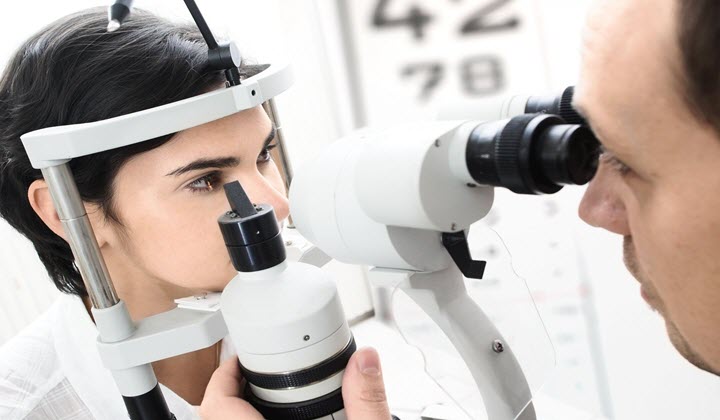Are you a science student who is torn between pursuing a career in dentistry or optometry? Both fields offer exciting and rewarding career paths, but how do you decide which one is right for you? In this comparative analysis, we will explore the career prospects of dentistry and optometry, examining the similarities and differences between the two professions. From job growth and earning potential to job satisfaction and work-life balance, we will delve into the key factors that can help you make an informed decision about your future career. Whether you are a high school student planning your college major or a college student considering a career change, this analysis will provide valuable insights into two of the most popular healthcare professions. So, let’s dive in and discover the world of dentistry and optometry together!
Job Growth and Demand in Dentistry and Optometry
Dentistry
According to the Bureau of Labor Statistics (BLS), employment of dentists is projected to grow 3% from 2020 to 2030, about as fast as the average for all occupations. As the population ages, there will be an increasing demand for dental services. Additionally, there is a growing focus on preventive dental care, which may lead to more job opportunities for dentists.
Optometry
The BLS also projects employment of optometrists to grow 3% from 2020 to 2030, about as fast as the average for all occupations. As the baby boomer generation ages, there will be an increasing need for eye care services. Additionally, advancements in technology are allowing optometrists to provide new and more specialized services, which may also lead to more job opportunities.
It’s worth noting that job growth and demand can vary depending on factors such as geographic location and the overall state of the economy. However, both dentistry and optometry are essential healthcare professions that are expected to continue to see demand in the coming years.
Earning Potential in Dentistry vs Optometry
Dentistry
Dentists are highly skilled healthcare professionals who specialize in treating issues related to the teeth, gums, and mouth. According to the Bureau of Labor Statistics (BLS), the median annual wage for dentists in the United States in May 2021 was $165,720. The top 10% of dentists earned more than $225,760, while the bottom 10% earned less than $72,280.
Optometry
Optometrists are healthcare professionals who specialize in diagnosing and treating vision problems, prescribing eyeglasses and contact lenses, and providing vision care. According to the BLS, the median annual wage for optometrists in the United States in May 2021 was $126,480. The top 10% of optometrists earned more than $194,280, while the bottom 10% earned less than $66,130.
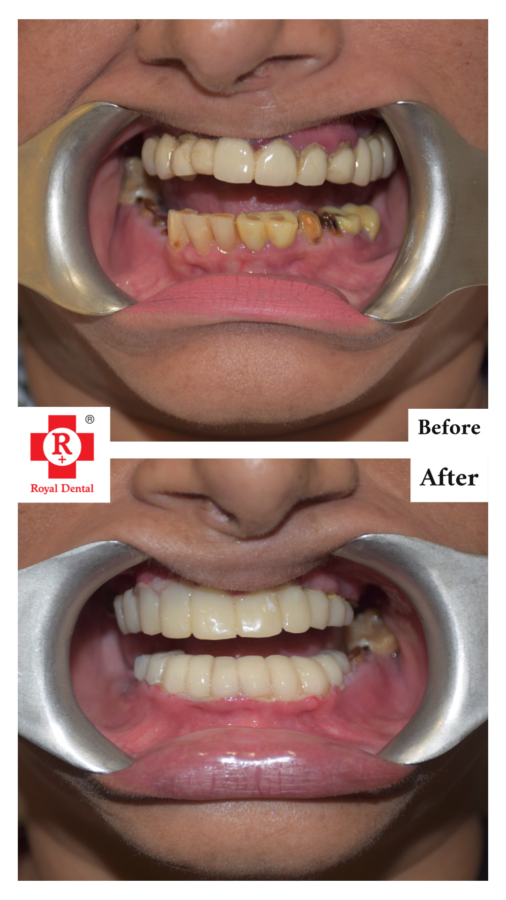
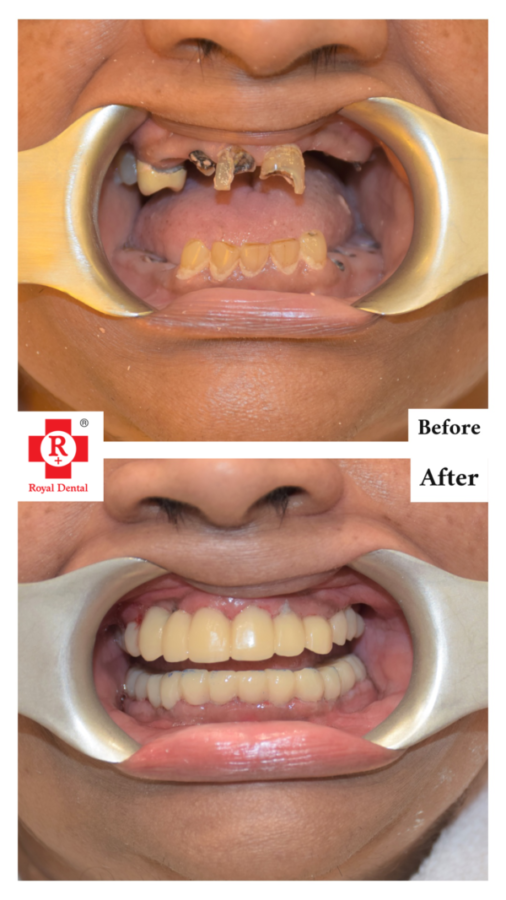
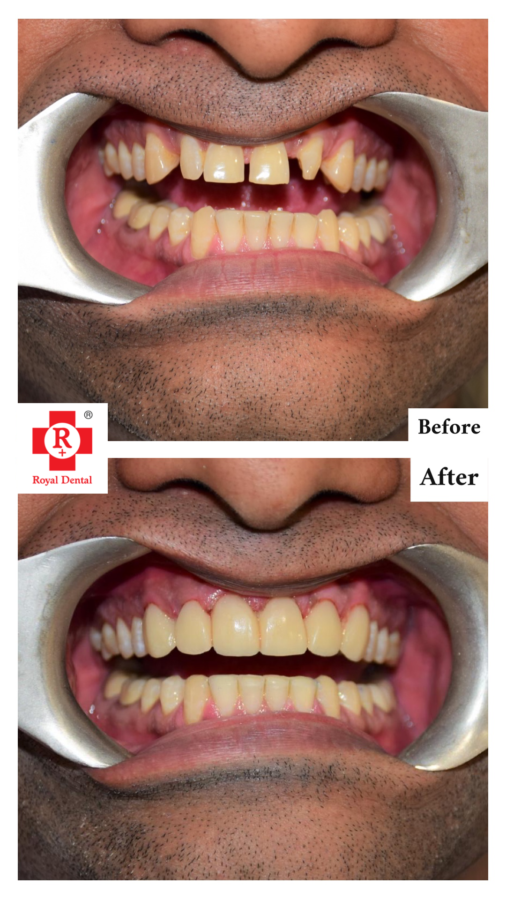
It’s important to note that earning potential can vary depending on factors such as geographic location, type of employer, years of experience, and specialty within the field. Additionally, dentists and optometrists may have the potential to increase their earning potential by opening their own practices or working in specialized areas of their fields.
Work-Life Balance in Dentistry and Optometry
Dentistry
Dentists typically work full-time, and their schedules can vary depending on the type of practice they work in. Some dentists may work evenings or weekends to accommodate their patients’ schedules. However, many dentists are able to set their own schedules and have some control over their work hours. Additionally, dentists can choose to work in different settings, such as private practices, community health clinics, or hospitals, which can also impact their work-life balance.
Optometry
Like dentists, optometrists typically work full-time, and their schedules can vary depending on the type of practice they work in. Some optometrists may work evenings or weekends to accommodate their patients’ schedules. However, many optometrists are able to set their own schedules and have some control over their work hours. Additionally, optometrists can choose to work in different settings, such as private practices, retail stores, or hospitals, which can also impact their work-life balance.
It’s important to note that work-life balance can vary depending on individual circumstances, such as the size and location of the practice, the workload, and the demands of the job. However, both dentistry and optometry offer the potential for some flexibility in work hours and the ability to choose a setting that fits with one’s lifestyle and priorities.
Education and Training for Dentistry and Optometry
Dentistry
To become a dentist, one must first earn a bachelor’s degree, usually in a science-related field. Then, they must complete a four-year doctoral degree program in dentistry, which includes both classroom and clinical training. After completing their education, dentists must obtain a license to practice in their state by passing a national and state-level examination.
Optometry
To become an optometrist, one must first earn a bachelor’s degree, usually in a science-related field. Then, they must complete a four-year doctoral degree program in optometry, which includes both classroom and clinical training. After completing their education, optometrists must obtain a license to practice in their state by passing a national and state-level examination.
It’s worth noting that both dentistry and optometry programs are highly competitive and require a strong academic background. Additionally, dentists and optometrists may choose to pursue additional training and certifications in specialized areas of their fields.
Job Satisfaction in Dentistry and Optometry
Dentistry
Dentistry can be a rewarding profession for those who enjoy helping others and working with their hands. Many dentists report a high level of job satisfaction, as they are able to make a significant impact on their patients’ oral health and overall well-being. Additionally, dentists may have the opportunity to work in a variety of settings and specialties, which can add to their job satisfaction.
Optometry
Like dentistry, optometry can be a rewarding profession for those who enjoy helping others and have a passion for eye care. Many optometrists report a high level of job satisfaction, as they are able to improve their patients’ vision and quality of life. Additionally, optometrists may have the opportunity to work in a variety of settings and specialties, which can add to their job satisfaction.
Specializations within Dentistry and Optometry
Dentistry
Orthodontics: Specialising in the diagnosis and treatment of misaligned teeth and jaws.
Endodontics: Specializing in the treatment of dental pulp and the tissues surrounding the roots of teeth.
Oral and Maxillofacial Surgery: Specializing in the diagnosis and surgical treatment of diseases, injuries, and defects of the head, neck, face, jaws, and oral cavity.
Pediatric Dentistry: Specializing in the care of children’s teeth, including preventive care, restorative procedures, and behavior management.
Periodontics: Specializing in the diagnosis and treatment of diseases of the gums and other supporting structures of the teeth.
Optometry
Paediatric Optometry: Specializing in the care of children’s eyes and vision, including diagnosis and treatment of common childhood eye conditions.
Contact Lens: Specializing in the fitting and management of contact lenses, including specialty lenses for patients with complex prescriptions or eye conditions.
Low Vision Rehabilitation: Specializing in the evaluation and treatment of patients with visual impairments that cannot be corrected with traditional glasses or contact lenses.
Vision Therapy: Specializing in the diagnosis and treatment of vision-related learning and developmental disorders, including binocular vision dysfunction and amblyopia.
Sports Vision: Specializing in the evaluation and enhancement of visual skills for athletes to improve performance and prevent sports-related injuries.

Challenges and Opportunities in Dentistry and Optometry
Dentistry Challenges:
- Increasing competition: As the number of dentists increases, competition for patients can become more intense.
- Rising costs: Dental equipment, materials, and other expenses can be costly, which can put pressure on dentists’ bottom line.
- Patient anxiety: Many patients experience anxiety or fear when visiting the dentist, which can make it difficult to provide care.
Dentistry Opportunities:
- Advancements in technology: New technology, such as digital dentistry and 3D printing, can improve the efficiency and effectiveness of dental treatments.
- Growing demand: As the population ages, there will likely be an increased demand for dental care.
- Specializations: Dentists can pursue specialized training to offer more specialized services and differentiate themselves from competitors.
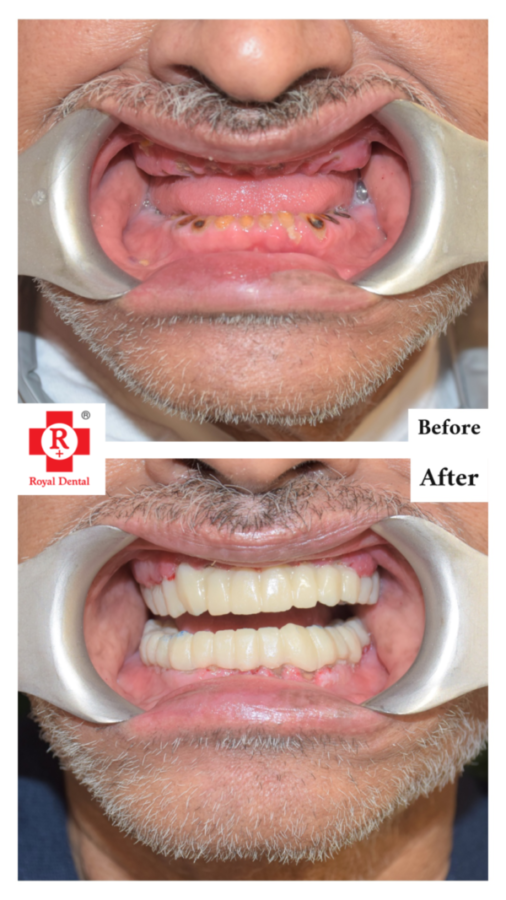
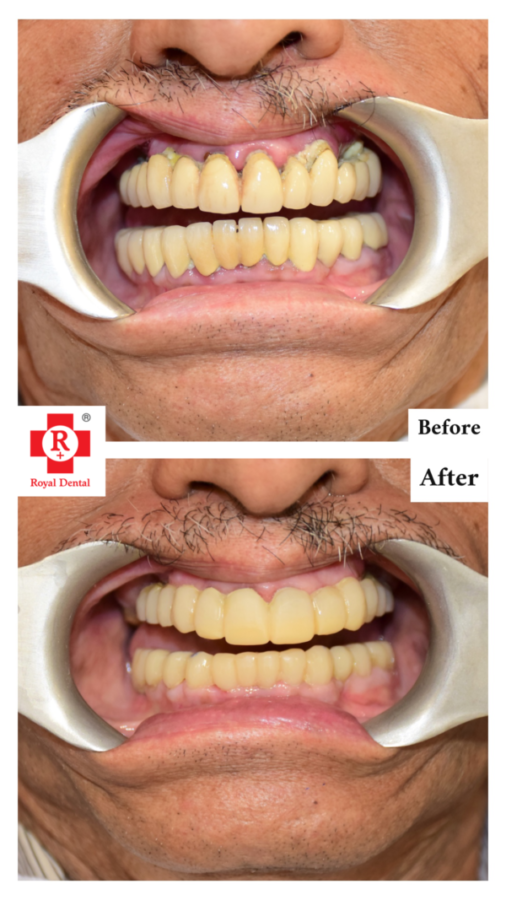
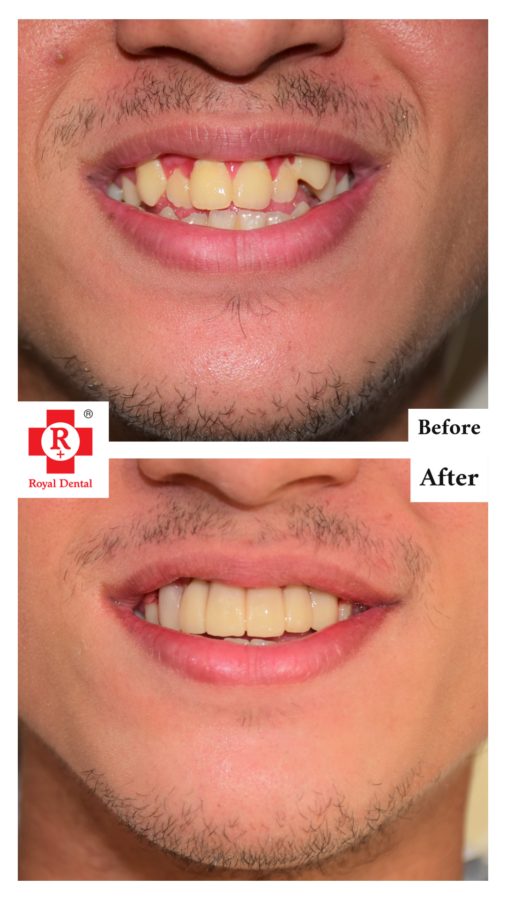
Optometry Challenges:
- Increasing competition: Like dentistry, optometry faces increasing competition, which can make it difficult to attract and retain patients.
- Evolving insurance landscape: Changes in insurance coverage and reimbursement can impact optometrists’ bottom line.
- Online retailers: The rise of online eyewear retailers can make it difficult for optometrists to compete on price.
Optometry Opportunities:
- Technological advancements: New technology, such as telemedicine and mobile apps, can improve patient access to care and make it easier to provide remote services.
- Growing demand: As the population ages and more people seek vision correction, there will likely be an increased demand for optometric services.
- Specializations: Optometrists can pursue specialized training to offer more specialized services and differentiate themselves from competitors.
Comparing and contrasting Dentistry and Optometry
- Education and Training:
Both dentists and optometrists require a doctoral degree to practice, but the specific degree programs and training requirements differ. Dentists must earn a Doctor of Dental Medicine (DMD) or Doctor of Dental Surgery (DDS) degree, which typically takes four years to complete. Optometrists must earn a Doctor of Optometry (OD) degree, which takes four years to complete. Additionally, optometry programs often require a Bachelor’s degree for admission. - Scope of Practice:
Dentists and optometrists both diagnose and treat health conditions within their respective specialties. Dentists primarily focus on oral health, including teeth, gums, and jaw. They may perform procedures such as fillings, extractions, and root canals. Optometrists primarily focus on eye health, including vision correction, diagnosis and management of eye diseases, and prescription of eyeglasses and contact lenses.
3. Specializations:
Both dentistry and optometry offer a range of specializations, such as orthodontics and pediatric dentistry in dentistry, and low vision rehabilitation and sports vision in optometry.
4. Patient Interaction:
Dentists and optometrists both have significant patient interaction and must communicate effectively with patients to diagnose and treat health conditions. However, the nature of their interactions may differ. For example, dentists may need to help patients manage dental anxiety, while optometrists may need to explain complex eye conditions to patients.
5. Work Environment:
Dentists and optometrists may work in a variety of settings, including private practices, hospitals, and community health centers. However, the specific work environment may differ. Dentists may work in specialized dental clinics, while optometrists may work in vision clinics or multidisciplinary healthcare facilities.
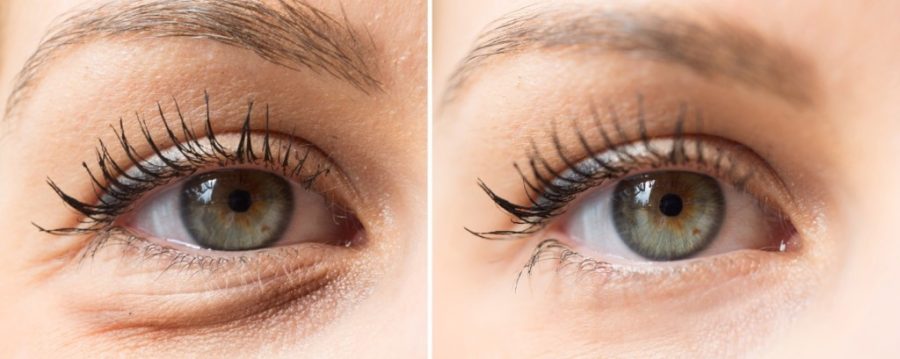
Making a decision: Which career is right for you?
- Your interests and passions: Consider which field aligns more closely with your interests and passions. Do you have a strong interest in oral health and dental care, or are you more drawn to vision care and the diagnosis and treatment of eye conditions?
- Education and training: Consider the education and training requirements for each field, as well as the time and financial investment required to complete the necessary degree programs.
- Job prospects and demand: Consider the job outlook for each field, including the demand for dentists and optometrists in your area, as well as any projections for future growth or changes in the industry.
- Work-life balance: Consider the work environment and schedule for each field, including the potential for flexible scheduling or opportunities for work-life balance.
- Salary and earning potential: Consider the earning potential for each field, as well as any potential for career advancement or growth.
Ultimately, the decision between dentistry and optometry will depend on your personal preferences and goals. It may be helpful to research each field, talk to professionals in each industry, and consider your own strengths, interests, and career aspirations before making a final decision.
Conclusion
In conclusion, dentistry and optometry are both exciting and rewarding career options for science students. Both professions offer good job growth and demand, earning potential, and job satisfaction. When deciding between dentistry and optometry, it’s important to consider the factors we’ve discussed, including work-life balance, education and training, specializations, and challenges and opportunities. Ultimately, the decision between dentistry and optometry is a personal one, and both professions offer unique benefits and challenges. By conducting thorough research and considering your personal preferences and goals, you can make an informed decision about your future career path.
© All rights reserved by Royal Dental Implants Pvt Ltd
Issued in public interest

